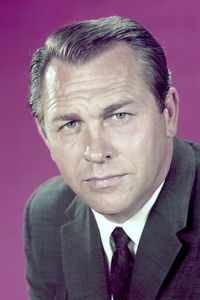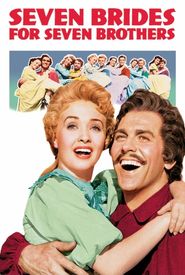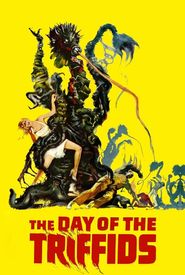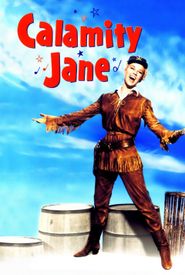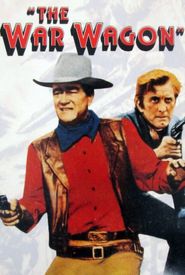Howard Keel was the epitome of Hollywood's golden age of movie musicals, likened to Errol Flynn and Clark Gable. With his towering 6'4" frame, cocky swagger, and confident air, he captivated audiences and songbirds alike for over a decade.
Born Harry Clifford Keel in Gillespie, Illinois, in 1919, his childhood was marked by hardship and unhappiness. His father, a coal miner, died when Keel was just 11, and his family moved to California. He later worked as a car mechanic and at Douglas Aircraft during World War II, where his untrained voice was discovered.
Inspired by a Hollywood Bowl concert, Keel began singing professionally, advancing from singing waiter to music festival winner to guest recitalist. Oscar Hammerstein II discovered him in 1946 during auditions for the role of Billy Bigelow in Broadway's "Carousel." Keel understudied Alfred Drake in "Oklahoma!" and took over the lead in the London production, earning great success.
British audiences adored the charismatic singer, and he remained there as a concert singer while making his film debut in the British crime drama "The Hideout" (1948). MGM signed him, and he became a star with his first musical, "Annie Get Your Gun" (1950),opposite Betty Hutton.
Keel went on to star in several MGM musicals, including "Show Boat" (1951),"Calamity Jane" (1953),"Kiss Me Kate" (1953),and "Seven Brides for Seven Brothers" (1954). He transitioned to action films in the 1960s, appearing in "Armored Command" (1961),"Waco" (1966),and "The War Wagon" (1967).
In the 1970s, Keel returned to his musical roots, performing in summer stock and touring productions, including "Camelot," "South Pacific," "Man of La Mancha," and "Show Boat." He also worked on a Las Vegas nightclub act with Kathryn Grayson.
Keel's unexpected TV success came when he replaced Jim Davis as Clayton Farlow on the nighttime soap drama "Dallas" (1978). He enjoyed a decade of steady work and continued to appear in concerts. In later years, he landed a solo recording contract with "And I Love You So" in 1983. Married three times, Keel died in 2004 of colon cancer, survived by his third wife, three daughters, and one son.
